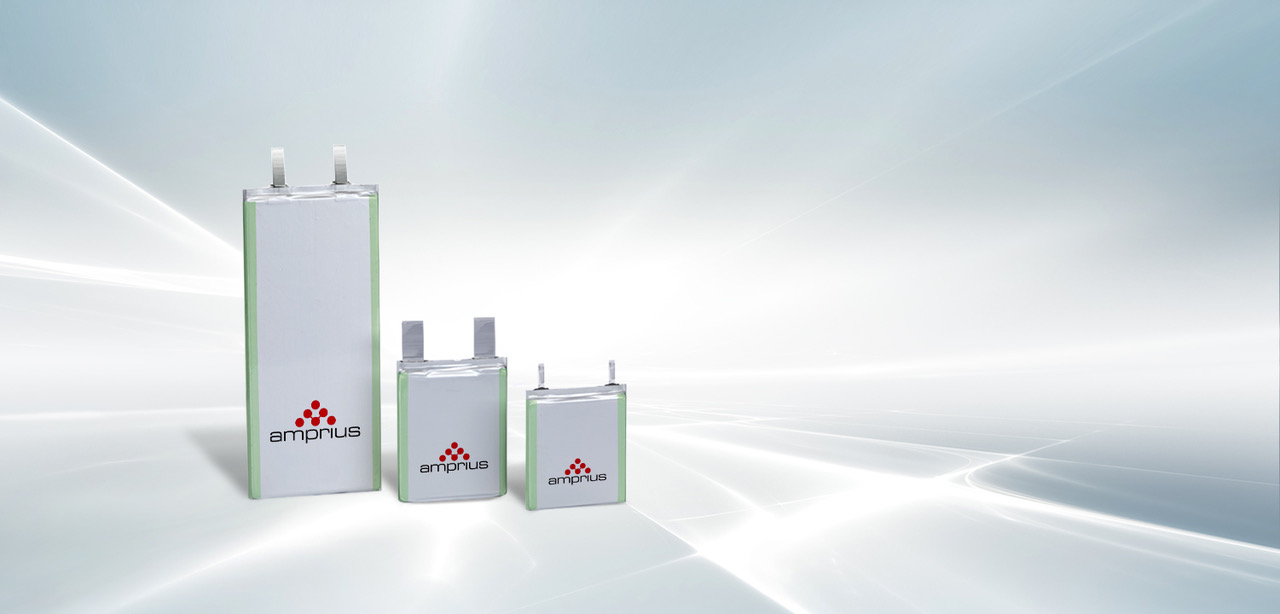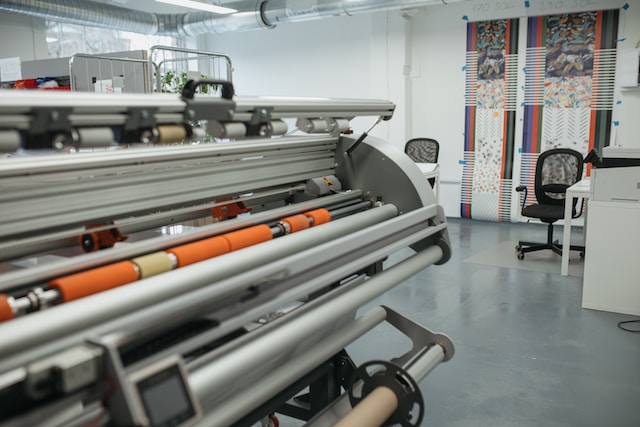A Leap into the Impossible: Surviving Extreme Heat
Researchers at the University of Pennsylvania (UPenn) have created a new heat-resistant memory device capable of functioning at temperatures up to 1,112 degrees Fahrenheit (600 degrees Celsius), which is hot enough to melt rock. This innovation allows the device to operate in harsh environments and may power AI on Venus in the future.
This breakthrough paves the way for a future where computers can function in environments previously deemed impossible. From the depths of the Earth during geothermal exploration to the unforgiving surface of Venus, this heat-resistant memory opens doors for exciting new applications.
The Secret Behind Heat Resistance: Ferroelectric Aluminum Scandium Nitride
The secret lies in a unique material called ferroelectric aluminum scandium nitride (AlScN), which possesses exceptional thermal stability, allowing the device to function where traditional electronics would simply fry. Additionally, this memory is non-volatile memory (NVM), meaning it retains data even without a constant power supply. This makes it ideal for applications such as space probes or long-term data storage where continuous power isn’t always available.
The implications of this research are vast and could revolutionize various fields:
- Space Exploration: Imagine probes equipped with these heat-resistant memories, sending data directly from the surface of Venus or even Mercury. This would also be a game-changer for our understanding of these extreme environments.
- Industrial Applications: The technology could be used in harsh industrial settings like nuclear power plants or deep-sea drilling operations, where extreme temperatures pose a challenge for conventional electronics.
- The Future of Computing: This development signifies a significant leap forward in material science, pushing the boundaries of what’s possible in the realm of extreme environment computing.
This heat-proof memory device is a testament to human ingenuity. It opens doors to a future where scorching temperatures no longer limit our ability to explore, analyse, as well as collect data from some of the most fascinating places in our universe and beyond.







